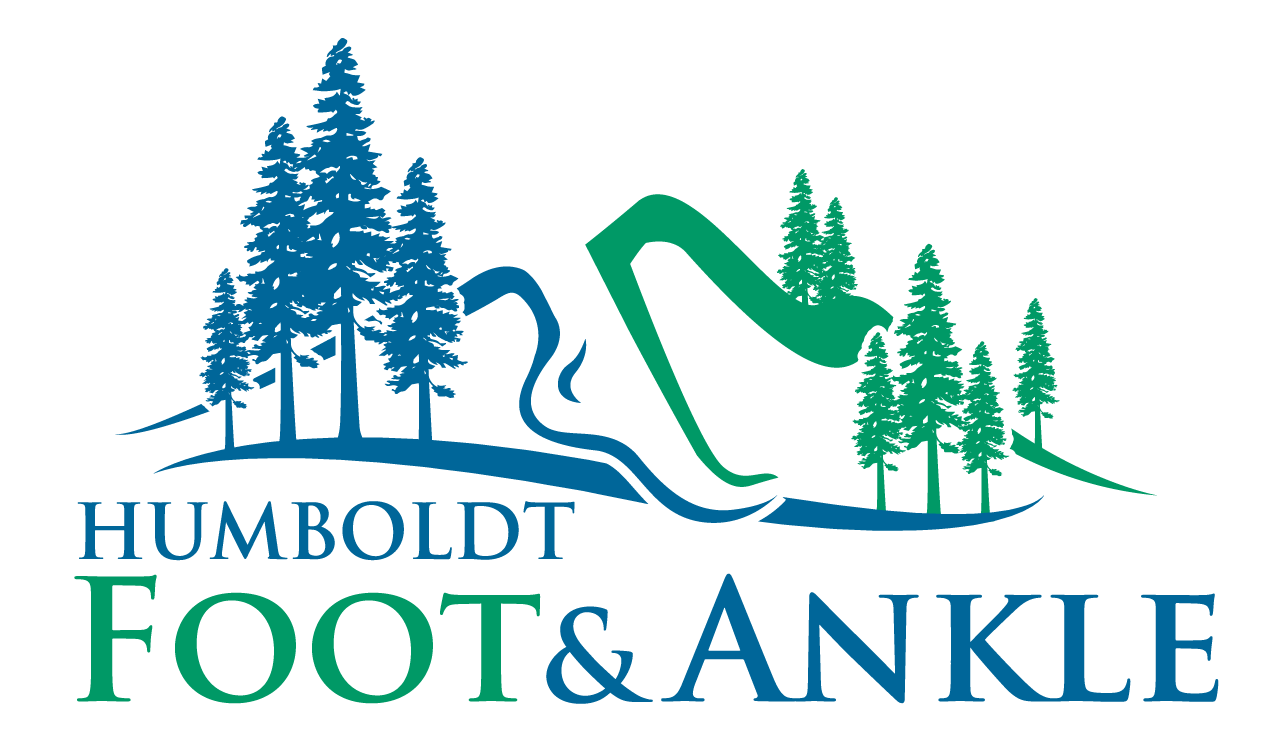How Do Bones Heal?
All bones, regardless of size or location in the body, go through the same healing process. This process has three stages that overlap with each other:
- Inflammation begins as soon as the bone is fractured and lasts multiple days. When a bone is fractured, it causes bleeding into the surrounding area, which prompts the body's natural response of inflammation and clotting of blood where the fracture occurred. This process provides the initial structural stability and framework for new bone to grow.
- Bone production starts when the clotted blood, formed by the inflammation process, is replaced by fibrous tissue and cartilage. As this part of the healing progresses, this tissue is replaced with hard bone. This will be visible on x-rays several weeks after the fracture first occurred.
- Bone remodeling continues for several months. While remodeling, the new bone continues to form and returns to its original shape. Blood circulation also improves at this stage. Once enough bone healing has happened, standing or walking encourages bone remodeling to continue and strengthen.
How Long Does This Process Take?
Because of the complexity of the bone healing process, the speed and success of healing can vary between different people. The amount of time needed can be affected by your age, medical conditions, and nutrition. Typically, bone takes around 6 to 8 weeks to heal to a significant degree, and children's bones usually heal faster than adults. Your podiatrist will determine when you are able to bear weight on the area that was broken, depending on the location and severity of the fracture, and what surgery was performed, if any.
Can Anything Slow Bone Healing?
Many things can slow bone healing, such as:
- Movement of the bone fragments, usually caused by putting weight on the fracture too soon
- Smoking, which constricts blood vessels and decreases circulation
- Medical conditions like diabetes, hormone issues, or vascular disease.
- Certain medications like corticosteroids and other immunosuppressants.
- Old age
- Poor nutrition
What Can Be Done to Help Slow Healing?
In this case, your podiatrist can choose from a variety of ways to aid your healing. Your doctor will discuss the options with you, and pick one that you both agree on to aid in your recovery.
